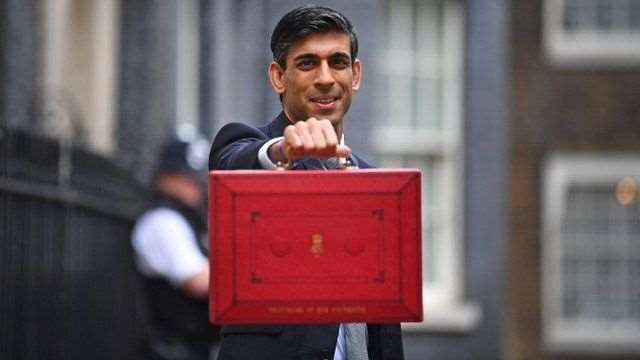
- Budget details extensive measures to address issues of Covid-19 outbreak
- Chancellor delivers plans to unleash potential in the UK
- IR35 implementation confirmed for April 2020
- VAT Domestic Reverse Charge implementation confirmed for October 2020
The newly appointed Chancellor, Rishi Sunak, today delivered the first Budget since the UK left the European Union. The Budget had been delayed due to Brexit and the December election.
Government has published a number of policy papers on the Budget 2020 Government page. A full summary of the Budget can be found here.
Government has also published a new page entitled Finance Bill 2020 which contains supporting documents including “Notes on Finance Bill resolutions 11th March 2020”.
Aspire round up;
COVID-19
First up in the Chancellor’s statement was acknowledging the concern caused by the COVID-19 virus.
- Chancellor confirmed that statutory sick pay (“SSP”) will be payable to all who are advised to self-isolate, even if they have not yet presented symptoms
- For those working in gig economy who are not entitled to SSP, changes will be made to the benefits system to ensure support is accessible
- For business with fewer than 250 employees, the cost of providing SSP due to coronavirus will be refunded in full by the government for up to 14 days
- It was also announced that people will soon be able to obtain a sick note by dialling 111 as opposed to having to go to their GP
- A new tax helpline has been opened to support businesses who are affected by the COVID-19 virus
Off-payroll working rules
- The Chancellor confirmed that the off-payroll working rules will be extended to the private sector from 6th April 2020 following the recently concluded review which will see a number of changes being made to ensure its implementation is smooth and successful
See our news on the outcome of the review here.
Avoidance, evasion and non-compliance
- Government will legislate in the Finance Bill 2020-21 to prevent non-compliant businesses from using the CIS to claim tax refunds to which they are not entitled. This measure will be designed to prevent abuse of the Construction Industry Scheme (CIS)
- Government is also publishing a consultation which will introduce options on how to promote supply chain due diligence
- In response to the Loan Charge review, Government will legislate in Finance Bill 2020-21 to take further action against those who promote and market tax avoidance schemes
- Government will publish a call for evidence in the spring on raising standard for tax advice which will seek evidence about providers of tax advice, current standards upheld by tax advisers, and the effectiveness of the Government’s efforts to support those standards in order to give taxpayers more assurance that the advice they are receiving is reliable
Tax and insolvency
- The Finance Bill has been authorised to make provision for individuals to be jointly and severally liable, in certain circumstances involving insolvency, for amounts payable to HMRC by businesses
- Government will change the rules, as announced at Budget 2018, so that when a business enters insolvency, more of the taxes it collects on behalf of customers and employees will go to fund public services rather than being distributed to other creditors. The Budget however delays the commencement date of this measure from 6 April 2020 to 1 December 2020
- Government has published a policy paper on the upcoming changes
National Living & National Minimum Wage
- By 2024, it is projected that the National Living Wage (NLW) will increase to £10.50 per hour to represent a level equivalent to 2/3 of median earnings
- The Government published its remit to the Low Pay Commission (LPC) for 2020
- Following receipt of the LPCs recommendations, the NLW will apply to workers aged 23 and over from April 2021 and from April 2024 the target is for the NLW to apply to all workers aged 21
- The Government has also asked the LPC to consider whether the apprenticeship rate remains fit for purpose
- The LPC has been asked to provide its recommendations by October 2020
National Insurance Contributions (“NICs”) threshold
- From April 2020, the National Insurance Contribution (“NICs”) threshold will increase from £8,632 to £9,500 giving 31 million people a tax cut and saving a typical employee £104. The Lower Profits limit for the self-employed will also increase to the same
Employment Allowance
- From April 2020 the Employment Allowance will be increased by a third from £3,000 to £4,000 which will result in a tax cut for nearly half a million small businesses
- The Government has published a policy paper on the increase
Entrepreneurs relief
- The Chancellor confirmed that the relief will not be abolished in its entirety however, from today (11 March 2020), the lifetime limit on gains eligible for Entrepreneurs Relief will be reduced from £10m to £1m
- Government has also published a policy paper, Changes to the Entrepreneurs Relief lifetime limit for Capital Gains Tax, setting out the proposed changes to the relief as well as draft legislation
